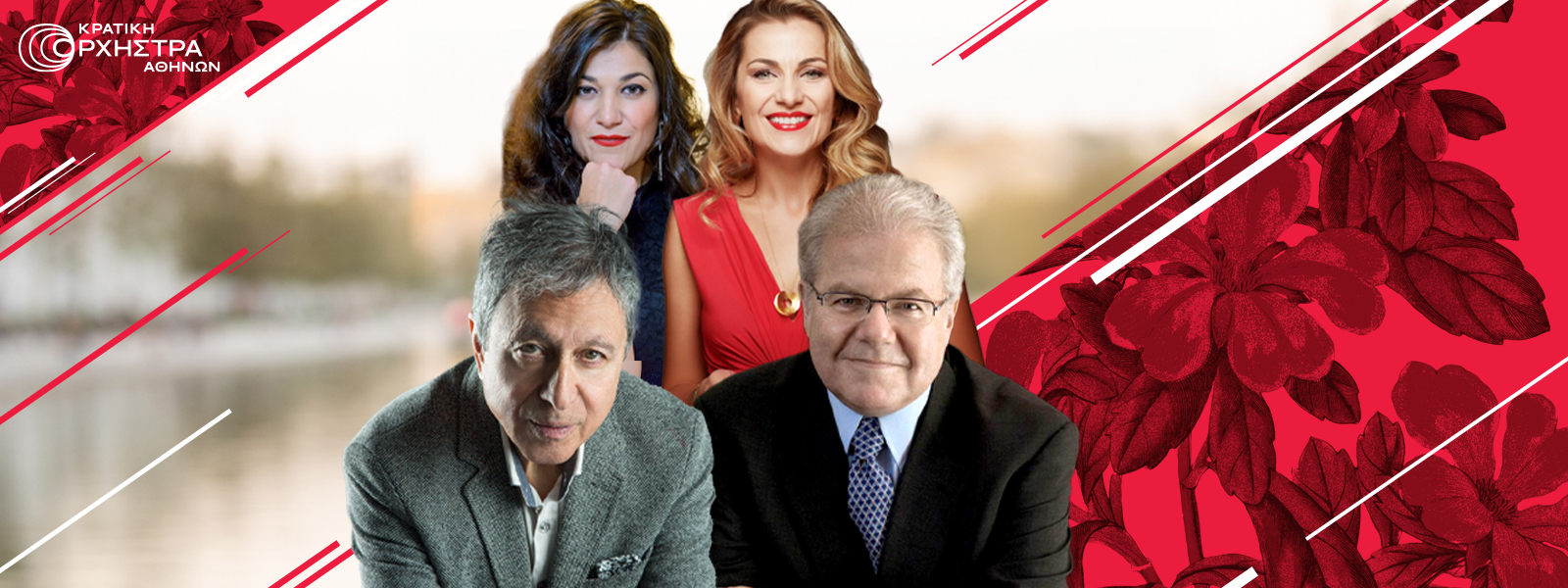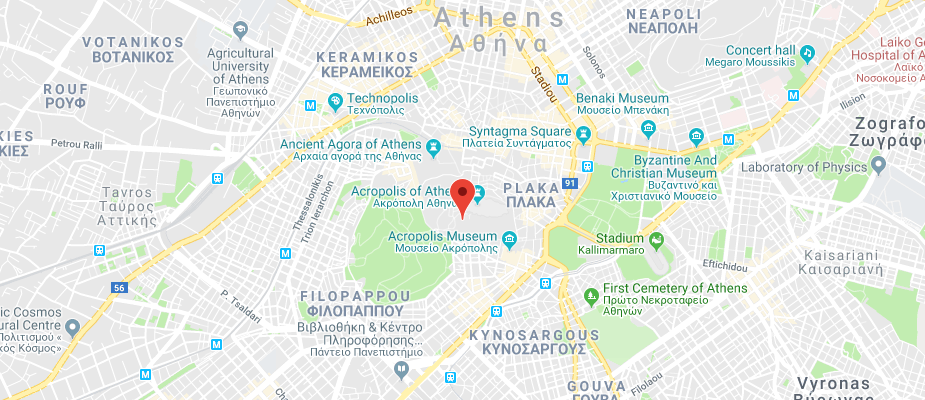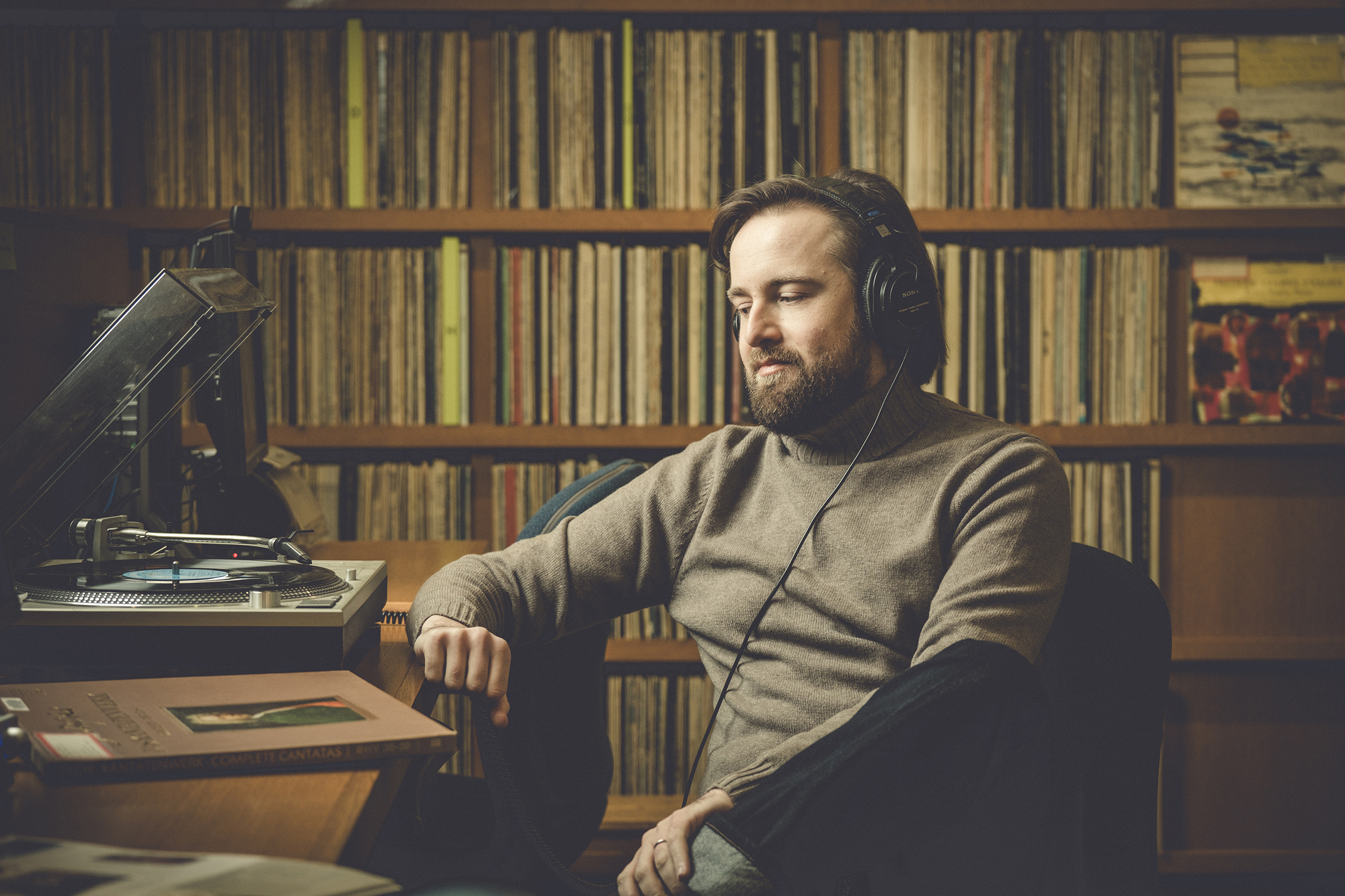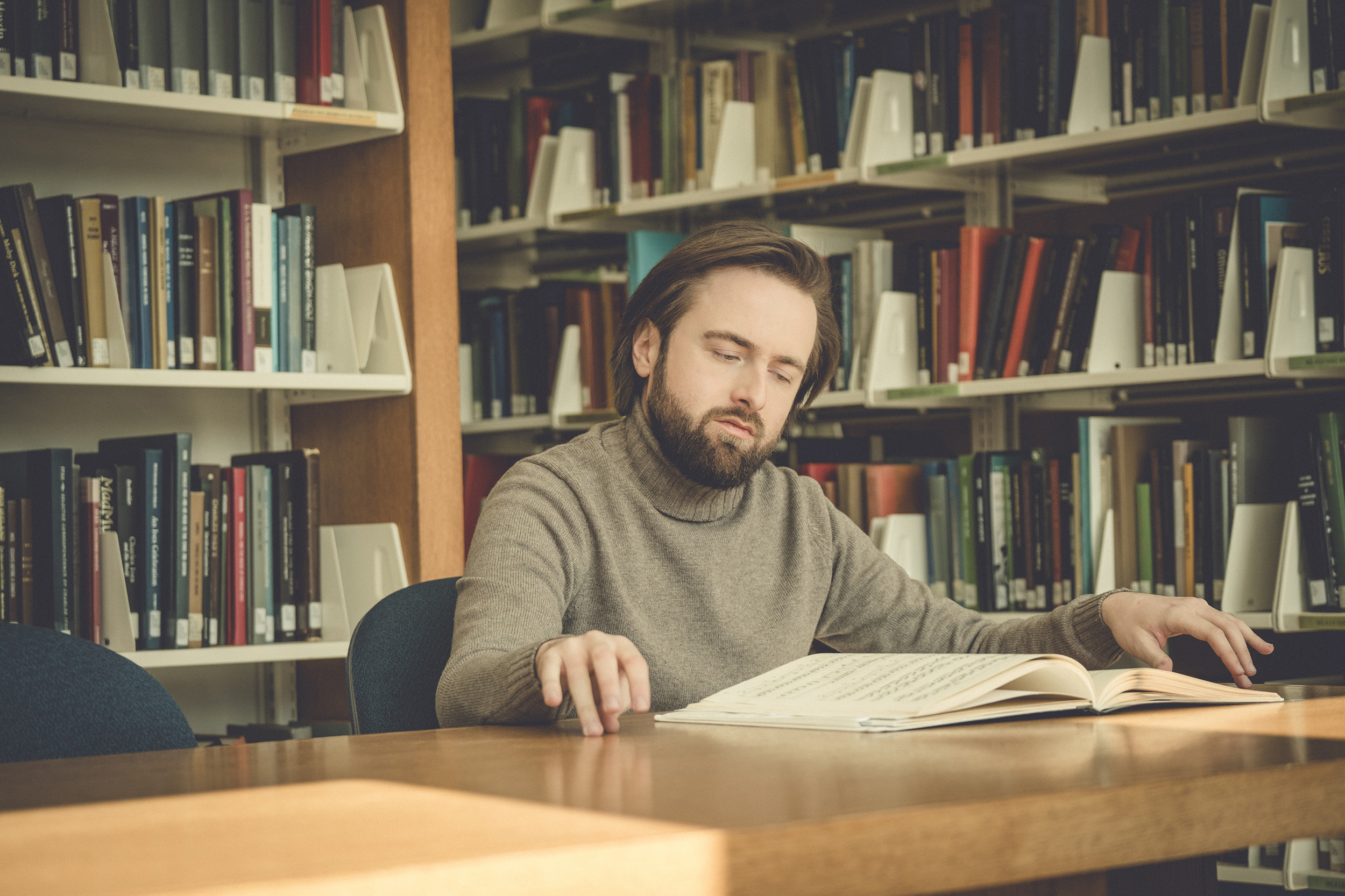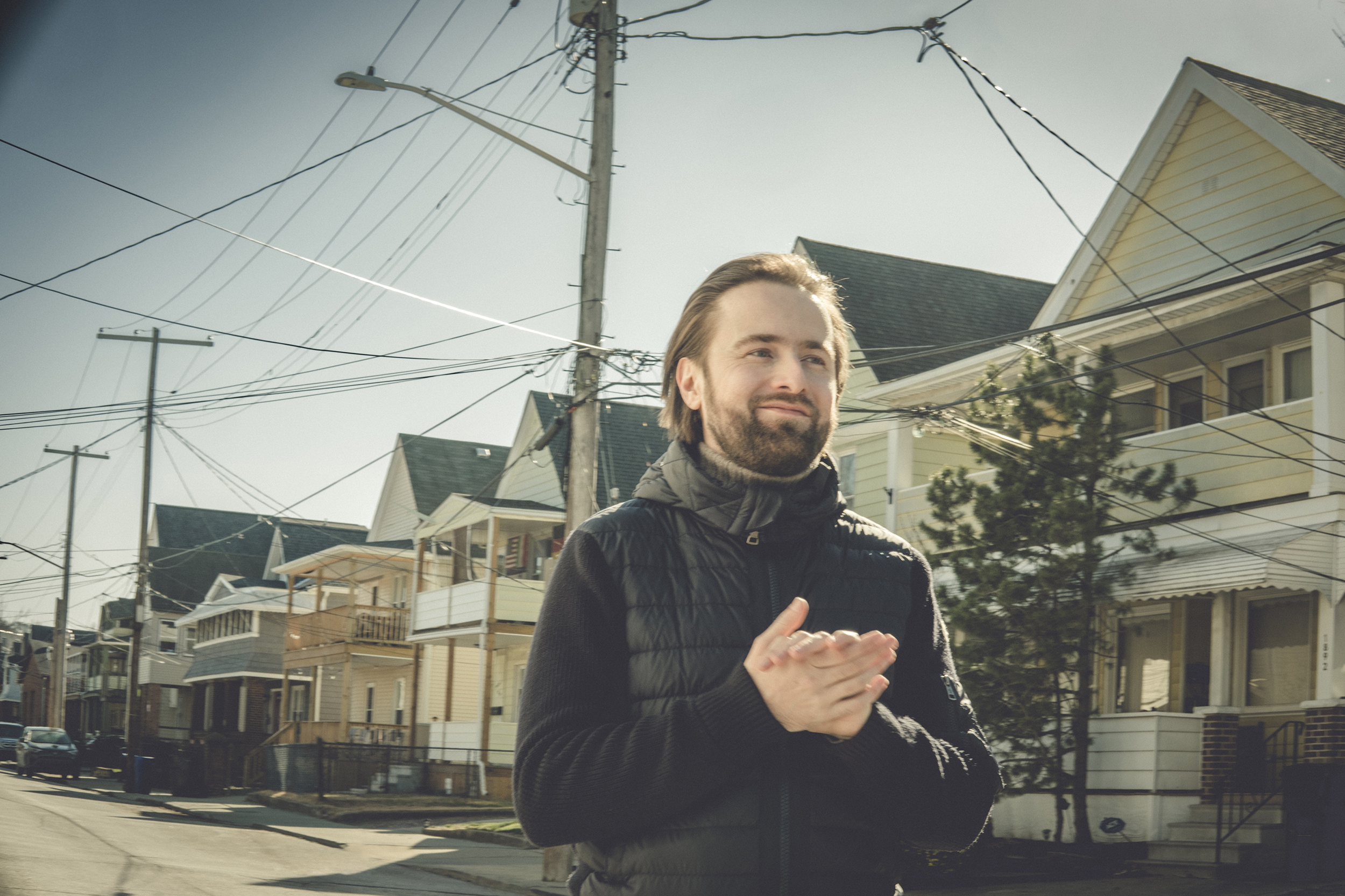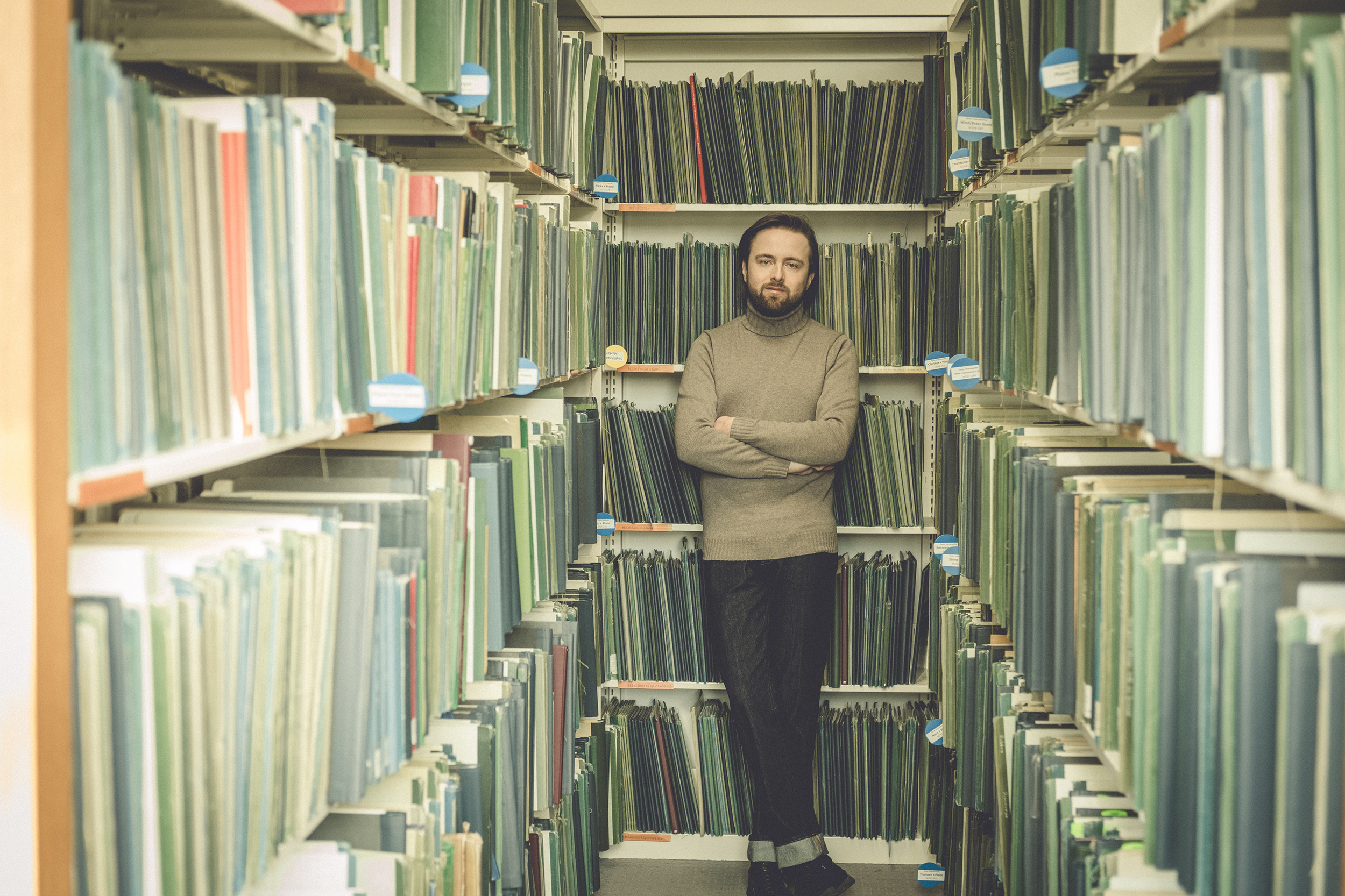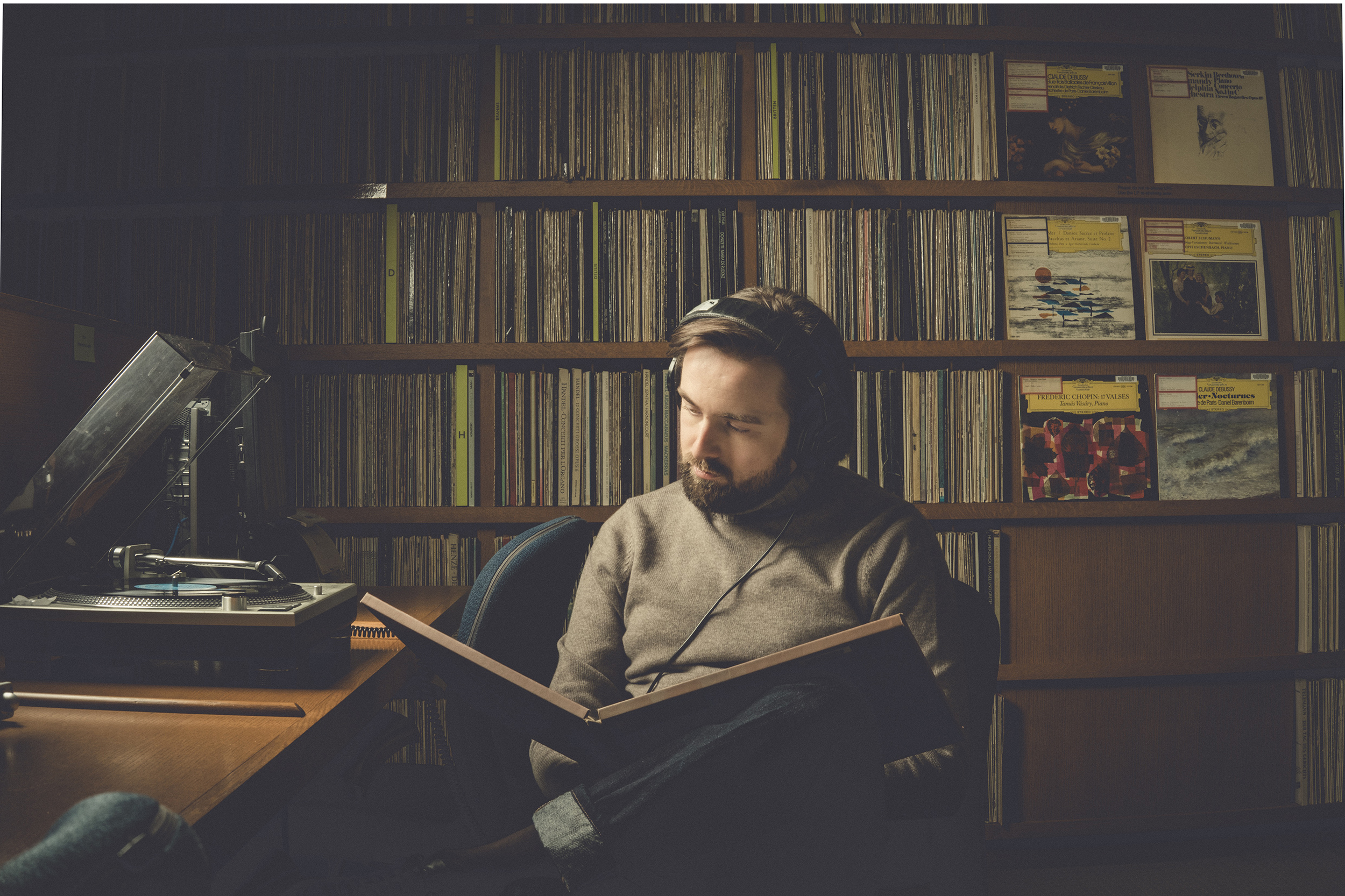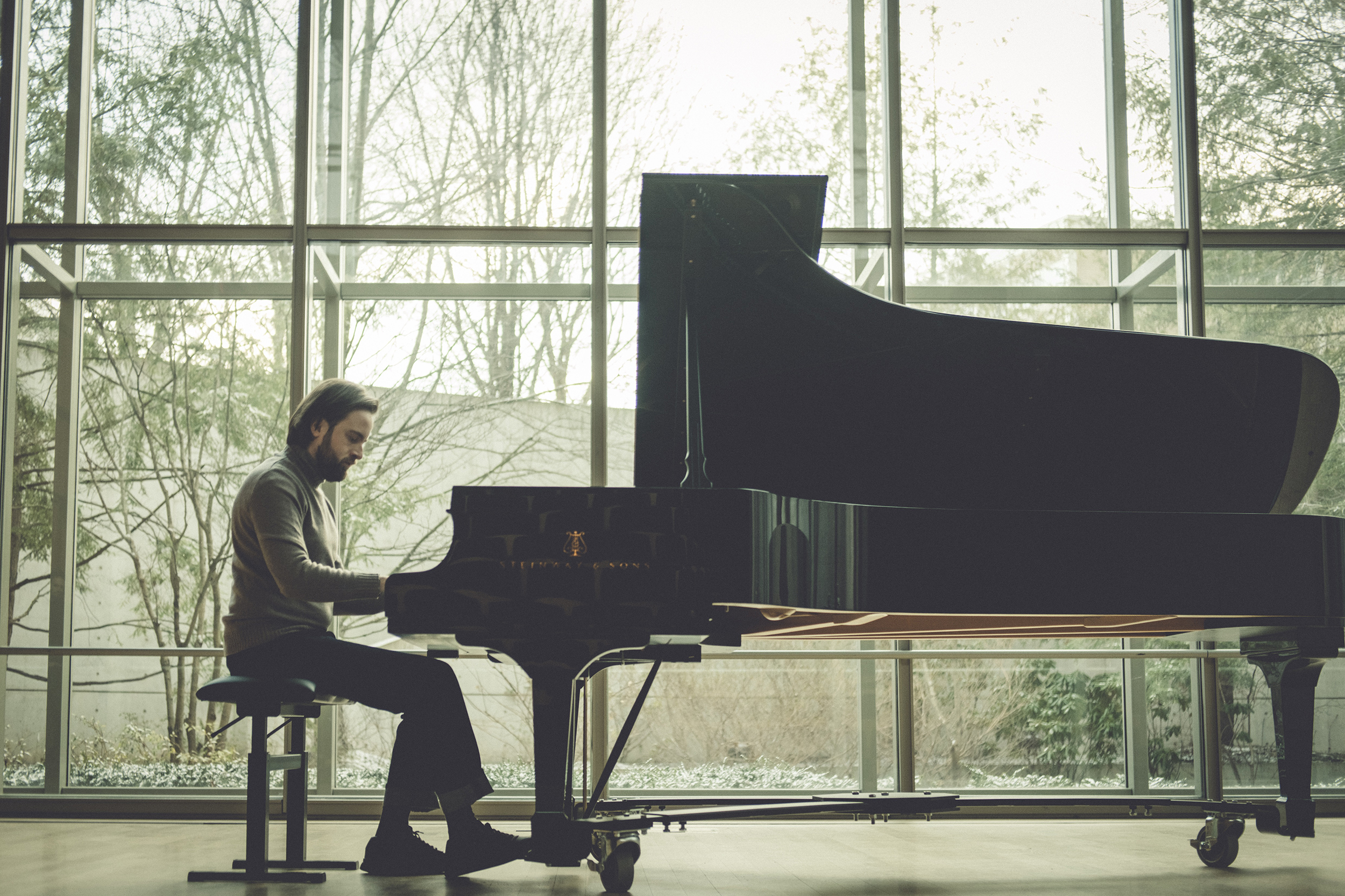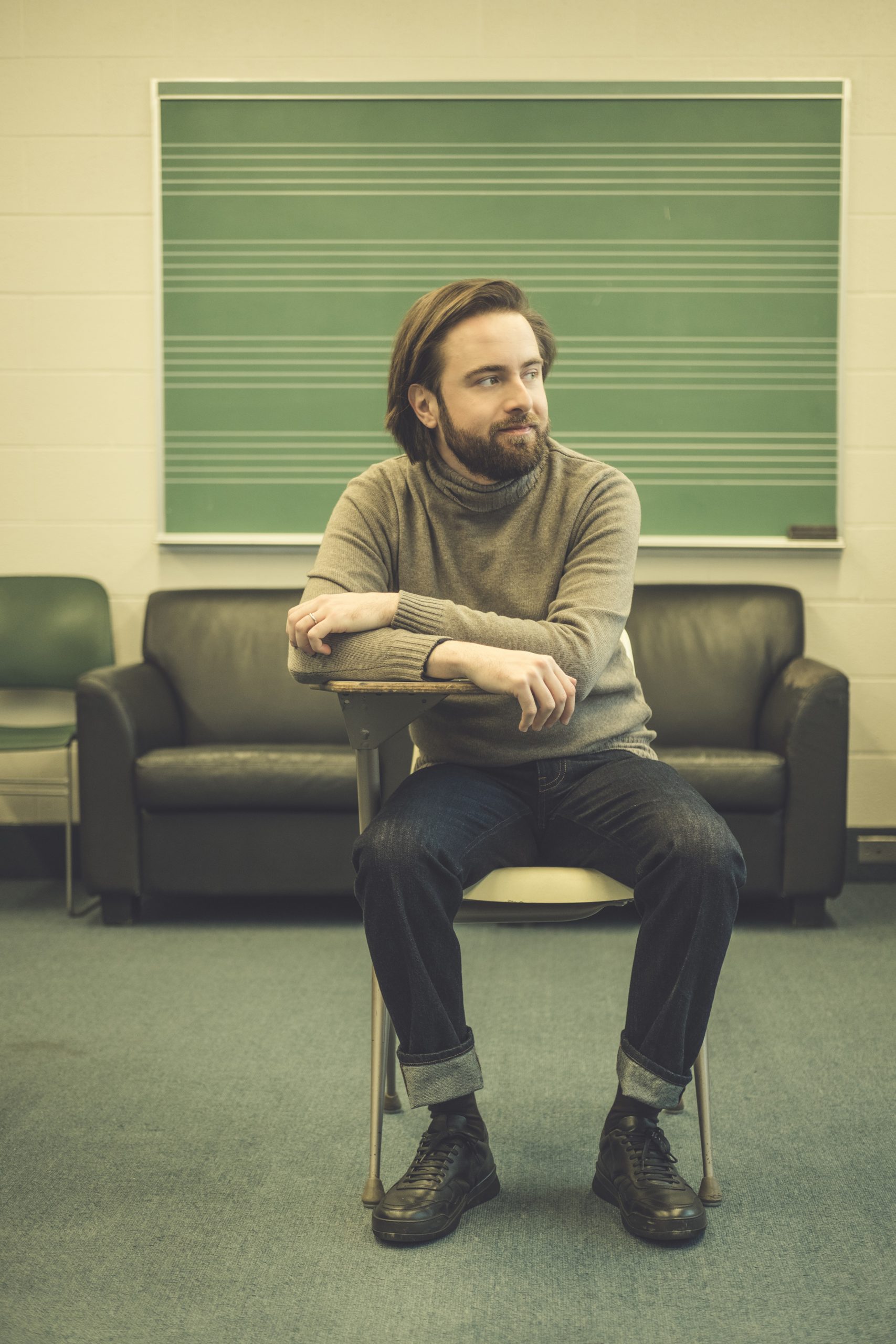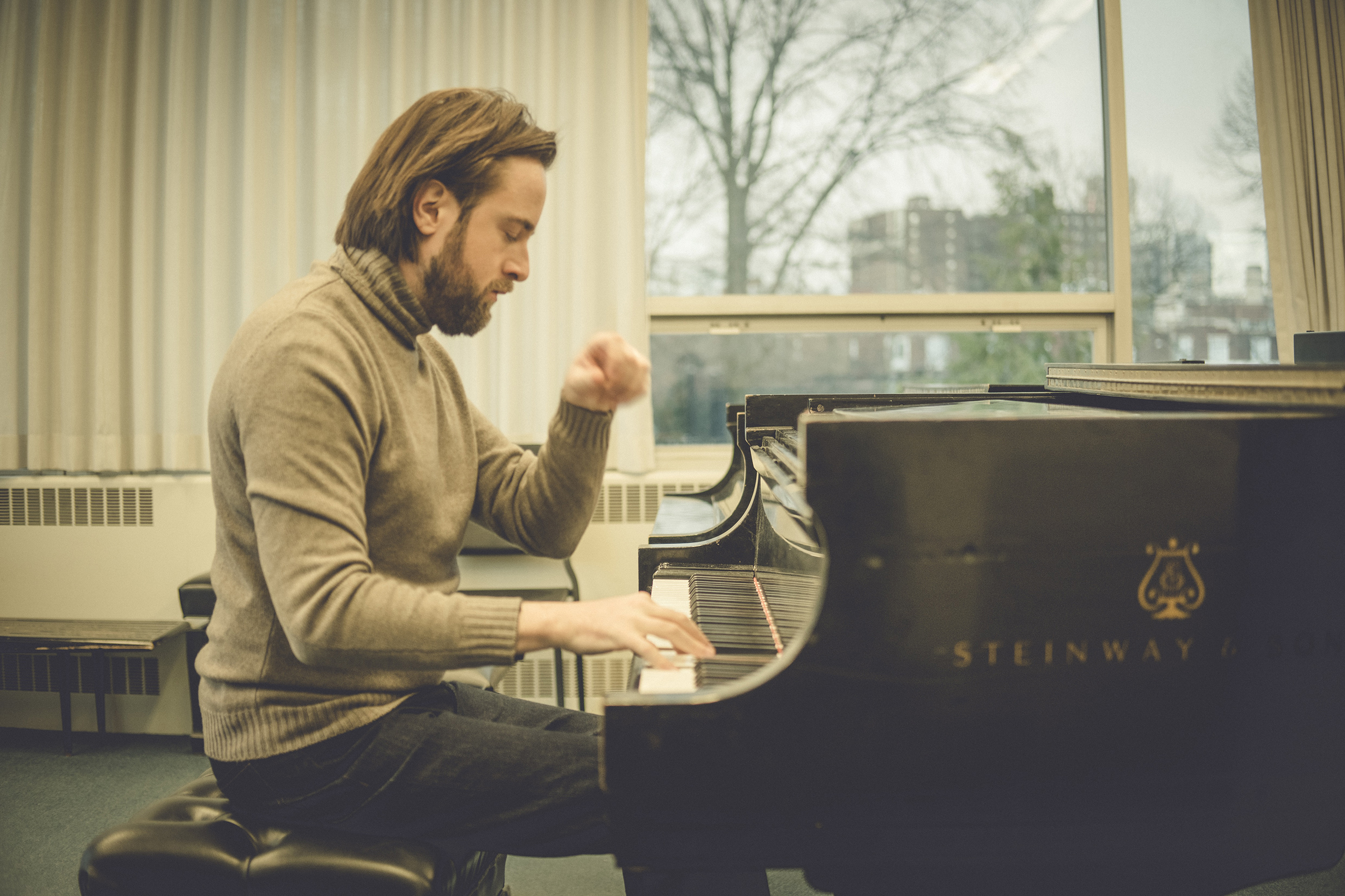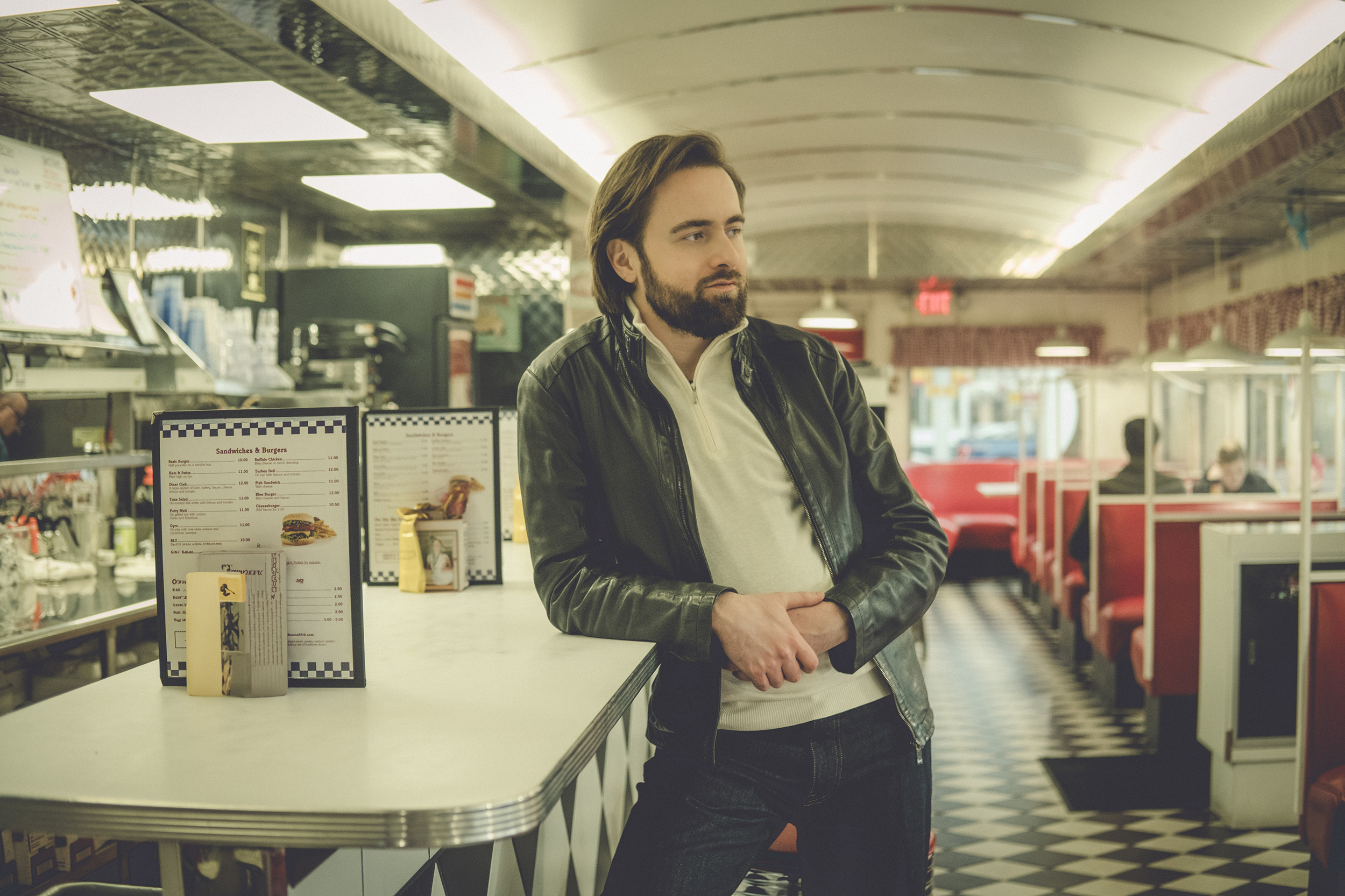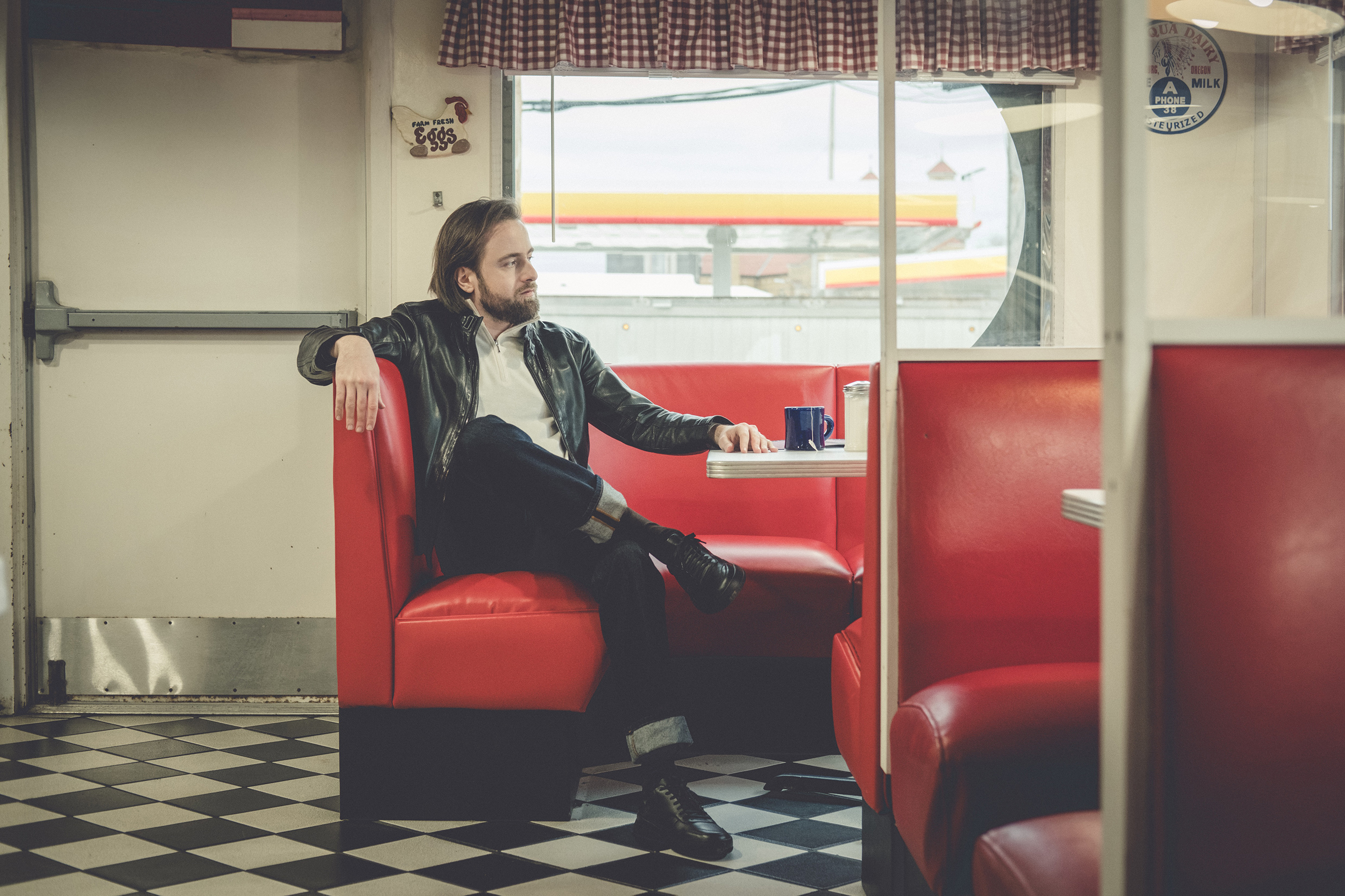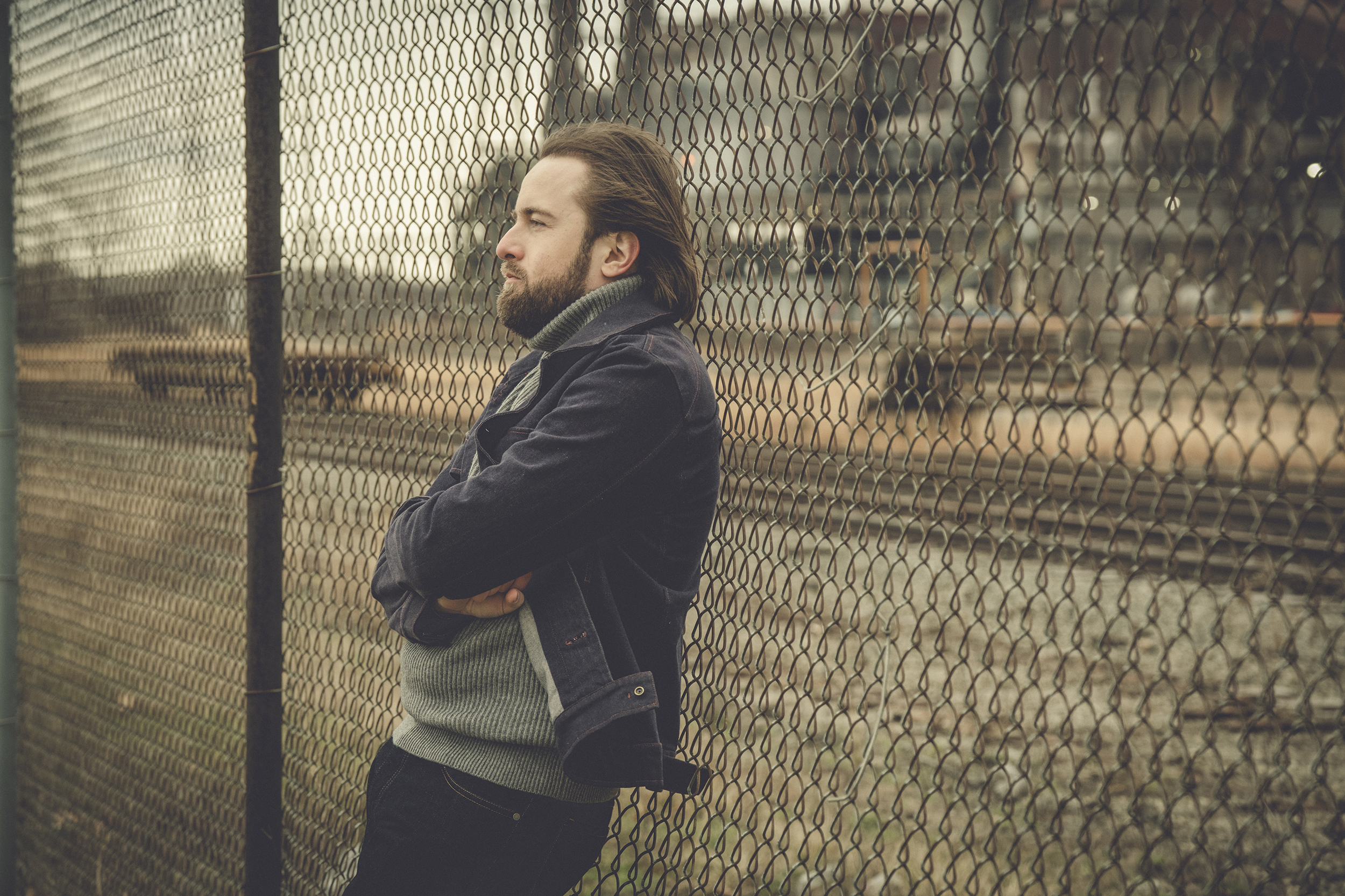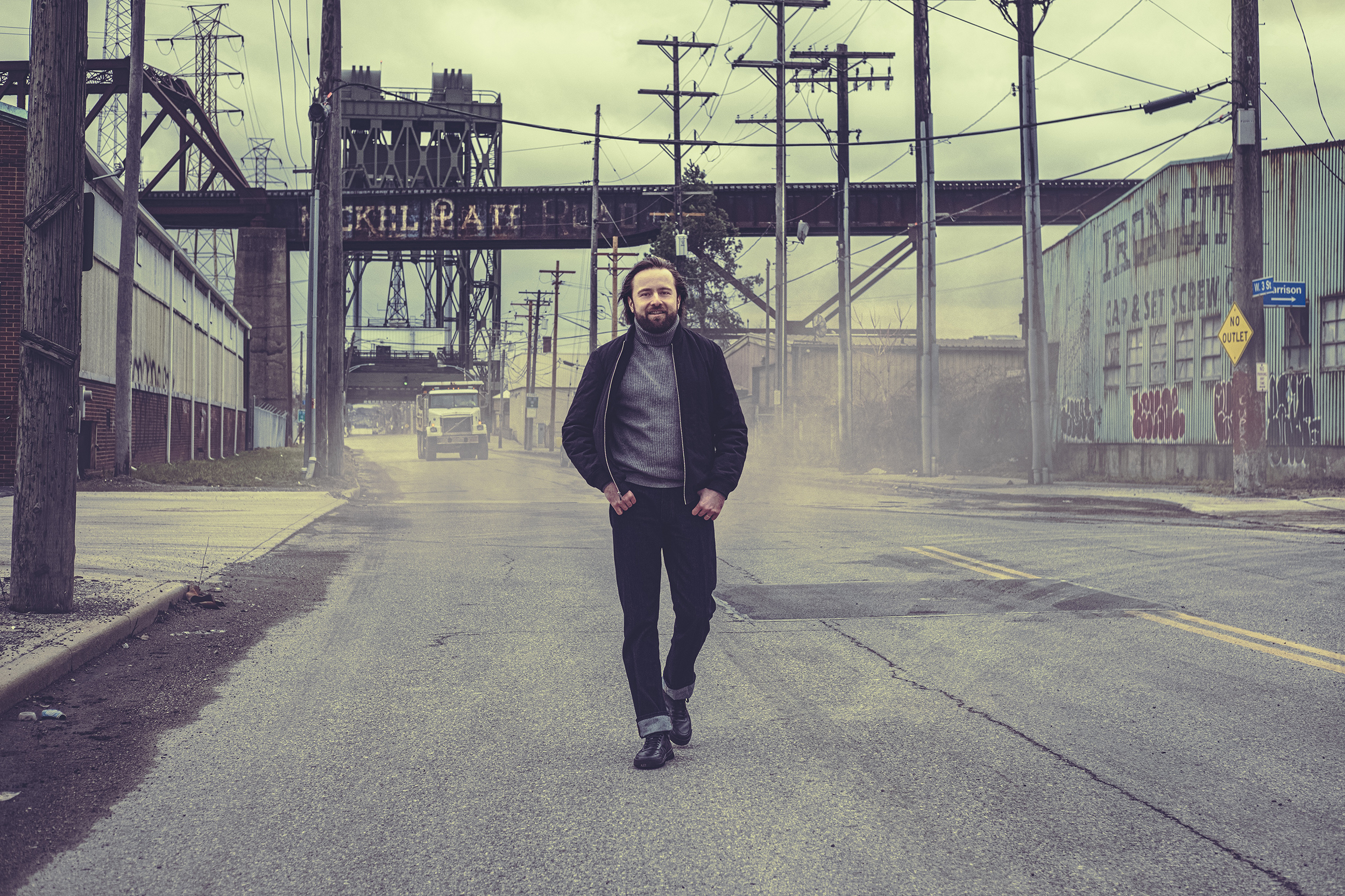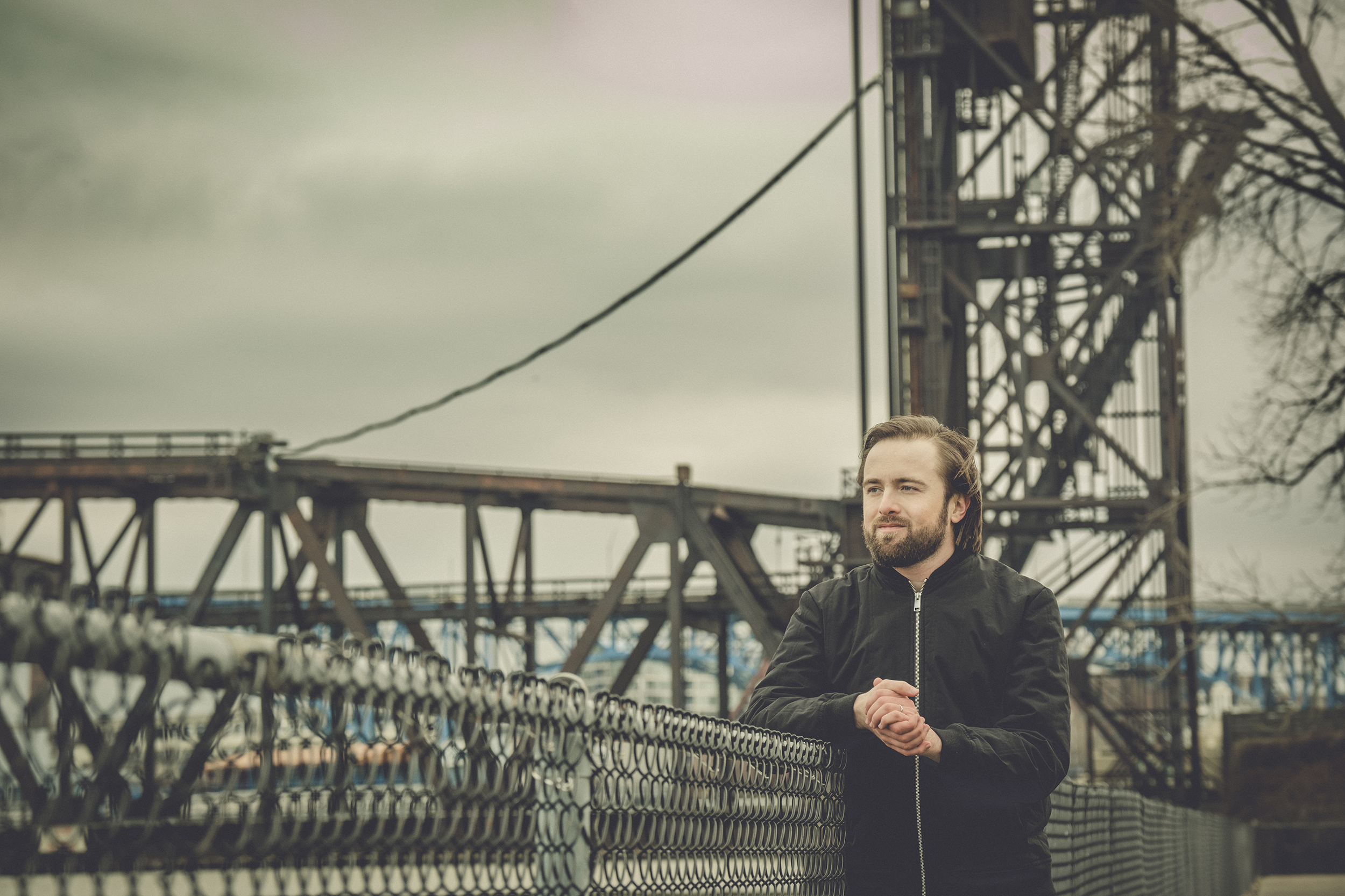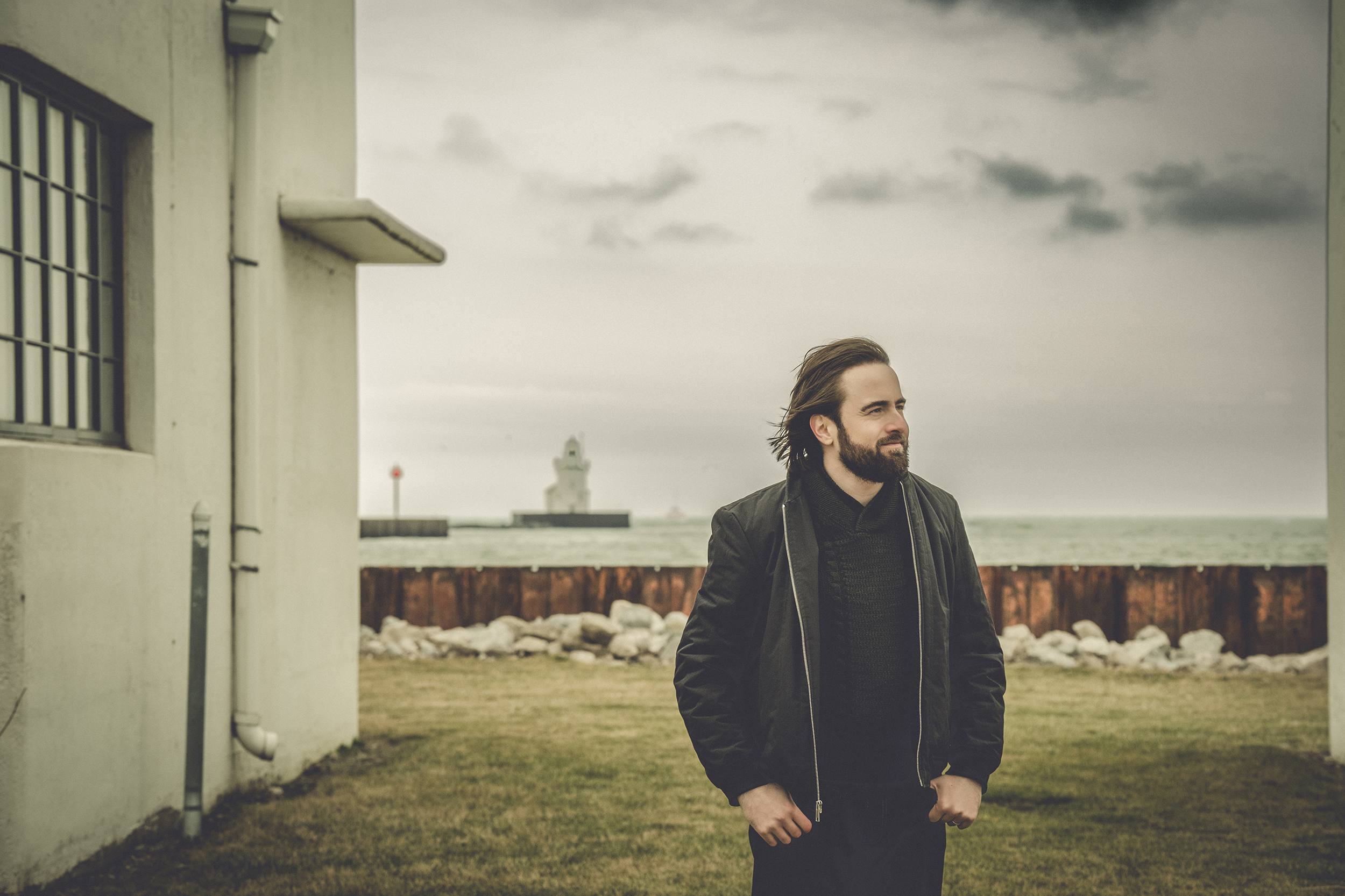Works by Tchaikovsky, Chopin, Barber
Daniil Trifonov
Piano recital
One of the most fabulous pianists of our era, 34-year-old Daniil Trifonov commands an astonishingly rich repertoire, spanning from Bach and his sons to Thomas Newman’s music for the film American Beauty, from the composers of his motherland Russia to the Argentinean Alberto Ginastera, from works of Chopin and Liszt to Czech masters Dvořák and Smetana, from Schubert’s lieder to the Spanish Federico Mompou. Whether performing with the world’s leading orchestras in sublime piano concertos (who can forget his appearance at the Athens Epidaurus Festival in 2021 as a soloist in Rachmaninoff’s Piano Concerto No. 2, together with the Athens State Orchestra?), collaborating in chamber music projects (such as his extensive tour this season with Leonidas Kavakos across major U.S. cities), or giving solo recitals (scheduled in Italy, Spain, Germany, France, Switzerland, Austria, and Greece in the 2024-25 season), Trifonov captivates audiences with his impeccable artistry and emotional depth. Often, his recitals feature works yet to be added to his already rich discography—pieces that serve as fascinating personal artistic statements.
For his performance at the Odeon of Herodes Atticus, Trifonov has chosen works by Tchaikovsky, Chopin, and Barber. Tchaikovsky’s name is synonymous with Trifonov’s triumph back in 2011: at just twenty years old, the soloist conquered the 14th International Tchaikovsky Competition in Moscow (winning the First Prize, the Grand Prix, Audience Award, and the Prize for Best Chamber Concerto Performance), an achievement that has pushed his career to a meteoric rise. Chopin, on the other hand, has been a cornerstone of Trifonov’s discography from his very first recordings. His association with the Polish composer is further reinforced by his success at the notable Chopin Competition in Warsaw, where, in 2010, he won the 3rd Prize. During the competition’s final round, two jury members—Nelson Freire and Martha Argerich—awarded him their highest possible scores, with the Argentinean piano star later commenting, “He has everything and more, … tenderness and also the demonic element. I never heard anything like that.” The program concludes with the notoriously challenging Piano Sonata by the revered American composer Samuel Barber. The piece was first performed by the legendary Vladimir Horowitz in Havana, Cuba, in December 1949. Initially, Barber had visited Horowitz to present him with the first three movements, who then suggested adding a dazzling fourth movement. This gave birth to the sonata’s breathtakingly complex and virtuosic four-voice Fugue—a challenge for any pianist ever since.
Pyotr I. Tchaikovsky (1840–1893)
Piano Sonata No. 2 in C-sharp minor, Op. 80
Frédéric Chopin (1810–1849)
Waltz in E major
Waltz in F minor, Op. 70, No. 2
Waltz in A-flat major, Op. 64, No. 3
Waltz in D-flat major, Op. 64, No. 1
Waltz in A minor, Op. 34, No. 2
Waltz in E minor
Samuel Barber (1910–1981)
Piano Sonata in E-flat minor, Op. 26
Tchaikovsky (1840–1893)
Concert Suite from The Sleeping Beauty (piano adaptation: Mikhail Pletnev)
Related Events
Odeon of Herodes Atticus
- 19/07/2025 at 21:00
all events
Opera | Music | Theatre | grape | subset | Dance | Education | Αναβίωση | Classical music | Performance | Contemporary music | Contemporary Ancients | Premiere | Greek Debut
Ancient Theatre of Epidaurus | Little Theatre of Ancient Epidaurus | Peiraios 260 | Odeon of Herodes Atticus | Stavros Niarchos Foundation Cultural Center | Lycabettus Theatre | Greek Art Theatre Karolos Koun | Ancient Theatre of Epidaurus | Exhibition Hall | Athens Conservatoire | Hellenic Cosmos Cultural Centre Pireos 254 Tavros
all venues



